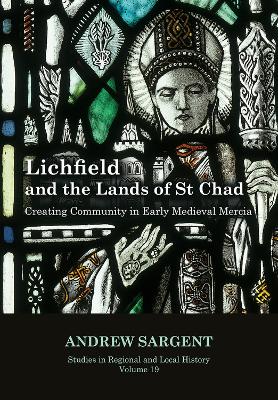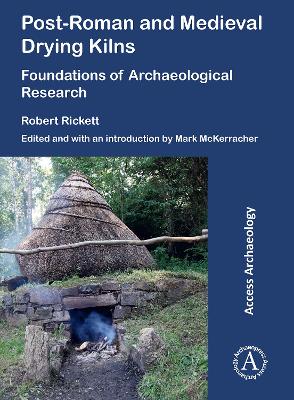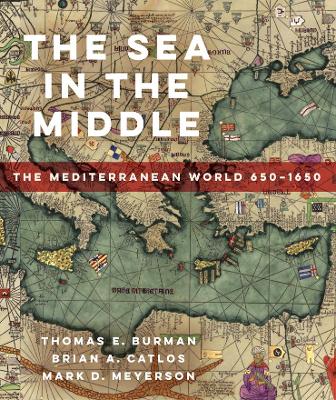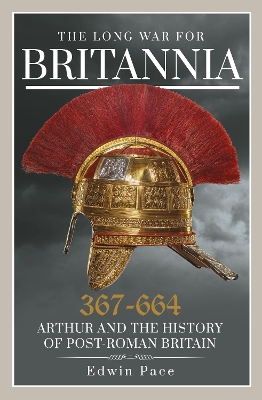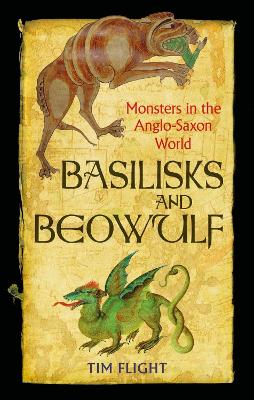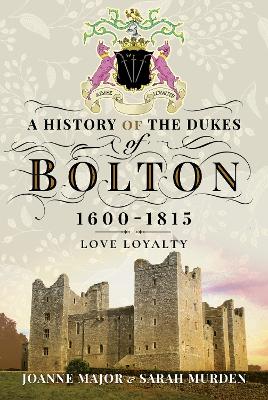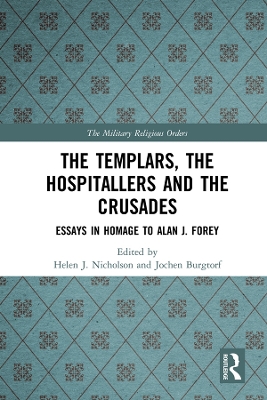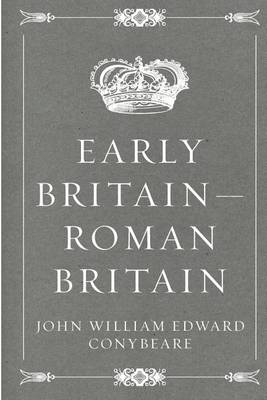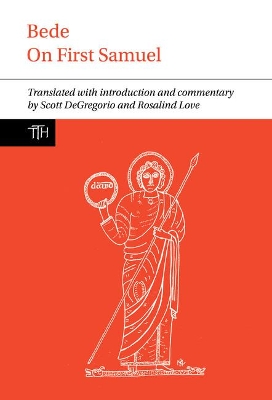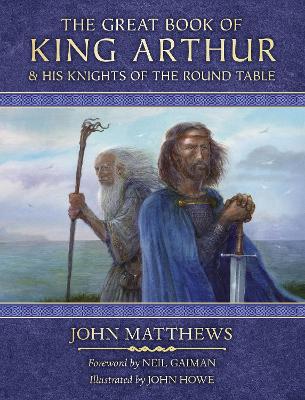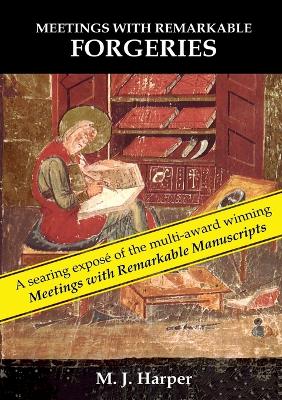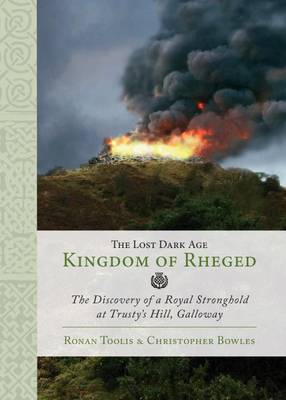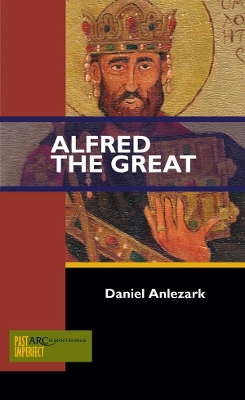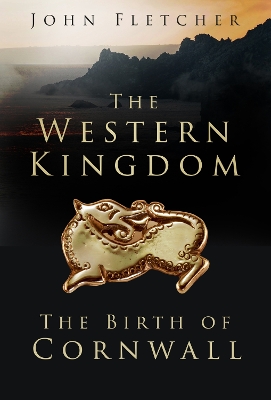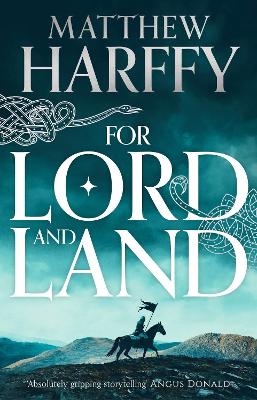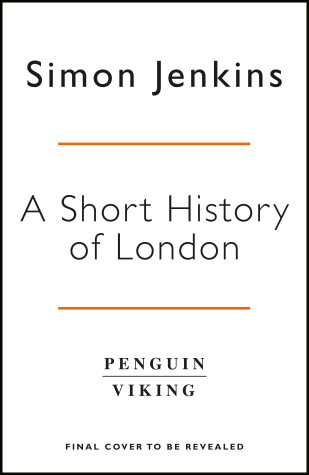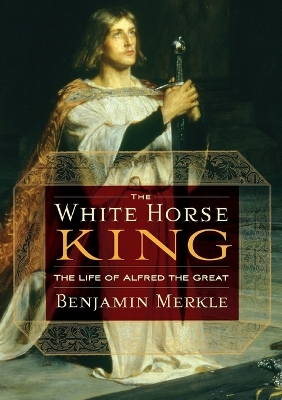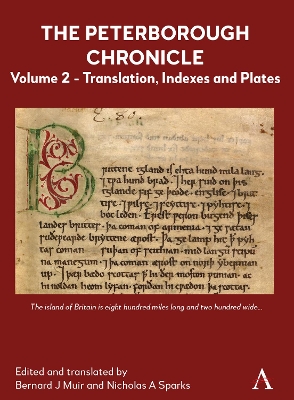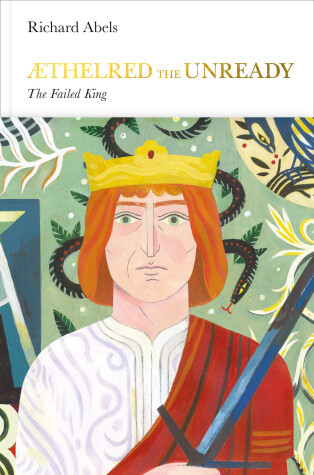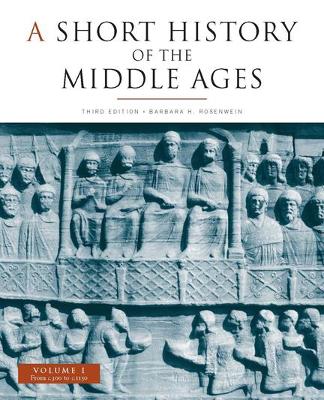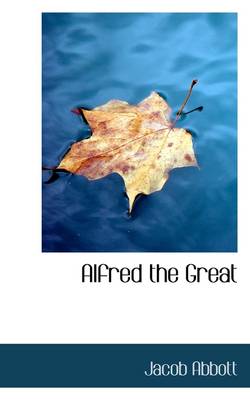This book focuses on the period from the seventh to eleventh centuries that witnessed the rise and fall of Mercia, the great Midland kingdom, and, later, the formation of England. Specifically, it explores the relationship between the bishops of Lichfield and the multiple communities of their diocese. Andrew Sargent tackles the challenge posed by the evidential 'hole' at the heart of Mercia by synthesising different kinds of evidence - archaeological, textual, topographical and toponymical - to...
The Earliest Coins Of Greece Proper From The Proceeding Of British Academy (Volume V)
by Percy Gardner
Drying kilns, corn-dryers and malting ovens are increasingly familiar features in post-Roman, Anglo-Saxon and medieval archaeology. Their forms, functions and distributions offer critical insights into agricultural, technological, economic and dietary history across the British Isles. Despite the significance and growing corpus of these structures, exceptionally few works of synthesis have been published. Yet such a foundational study was produced by Robert Rickett as early as 1975: an undergrad...
The Sea in the Middle
The Sea in the Middle presents an original and revisionist narrative of the development of the medieval west from late antiquity to the dawn of modernity. This textbook is uniquely centered on the Mediterranean and emphasizes the role played by peoples and cultures of Africa, Asia, and Europe in an age when Christians, Muslims, and Jews of various denominations engaged with each other in both conflict and collaboration. Key features: Fifteen-chapter structure to aid classroom use Sections i...
The Long War for Britannia is unique. It recounts some two centuries of 'lost' British history, while providing decisive proof that the early records for this period are the very opposite of 'fake news'. The book shows that the discrepancies in dates claimed by many scholars are illusory. Every early source originally recorded the same events in the same year. It is only the transition to Anno Domini dating centuries afterward that distorts our perceptions. Of equal significance, the book demon...
This book addresses a simple question: why were the Anglo-Saxons obsessed with monsters, many of which did not exist? Drawing on literature and art, theology and a wealth of first-hand evidence, Basilisks and Beowulf reveals a people huddled at the edge of the known map, using the fantastic and the grotesque as a way of understanding the world around them and their place within it. For the Anglo-Saxons, monsters helped to distinguish the sacred and the profane; they carried God's message to mank...
A History Of The Dukes of Bolton 1600-1815
by Joanne Major and Sarah Murden
Discover over two hundred years of fascinating history relating to one of Great Britain's foremost aristocratic dynasties, the (Orde-) Powletts, for several generations the Dukes of Bolton. The family motto, Love Loyalty, references their devotion to the monarchy, but it applies equally to their hearts. Willing to risk all in the pursuit of love, this is the previously untold story of the Dukes of Bolton and their ancestors.
The Templars, the Hospitallers and the Crusades
This book pays homage to the work of a scholar who has substantially advanced knowledge and understanding of the medieval military-religious orders. Alan J. Forey has published over seventy meticulously researched articles on every aspect of the military-religious orders, two books on the Templars in the Corona de Aragón, and a wide-ranging survey of the military-religious orders from the twelfth to the early fourteenth centuries. His archival research has been especially significant in opening...
Bede: On First Samuel (Translated Texts for Historians, #70)
The Old Testament book 1 Samuel (known as 1 Kings in modern Bibles) contains one of the most dramatic stories in the Old Testament, with its tense narrative about Israel's first attempts to govern itself by kingship, and a cast of famous characters who drive the story - the priest and prophet Samuel, the tragic figure of King Saul, and chiefly David himself, the youngest son of Jesse, who slays the Philistine's champion, Goliath, and gains God's favour in replacement for Saul. The Venerable Bed...
The Great Book of King Arthur and His Knights of the Round Table
by John Matthews
The most famous and influential work of English fantasy ever published, reimagined for a new generation of readers by John Matthews, one of the world’s leading Arthurian experts, and illustrated by internationally acclaimed Tolkien artist, John Howe. The tales of how the boy Arthur drew the Sword from the Stone, or the love of Lancelot and Guinevere, or how the knights of the Round Table rode out in search of the Holy Grail are known and loved the world over....
The Lost Dark Age Kingdom of Rheged
by Ronan Toolis and Christopher R. Bowles
Trusty's Hill is an early medieval fort at Gatehouse of Fleet, Dumfries and Galloway. The hillfort comprises a fortified citadel defined by a vitrified rampart around its summit, with a number of enclosures looping out along lower-lying terraces and crags. The approach to its summit is flanked on one side by a circular rock-cut basin and on the other side by Pictish Symbols carved on to the face of a natural outcrop of bedrock. This Pictish inscribed stone is unique in Dumfries and Galloway, and...
Alfred the Great is a rare historical figure from the early Middle Ages, in that he retains a popular image. This image increasingly suffers from the dead white male syndrome, exacerbated by Alfred's association with British imperialism and colonialism, so this book provides an accessible reassessment of the famous ruler of Wessex, informed by current scholarship, both on the king as a man in history, and the king as a subsequent legendary construct. Daniel Anlezark presents Alfred in his histo...
In the fifth century, the Roman Empire collapsed and Western Europe began remaking itself in the turmoil that followed. In south-west Britain, old tribal authorities and identities reasserted themselves and a ruling elite led a vibrant and outward-looking kingdom with trade networks that stretched around the Atlantic coast of Europe and abroad into the Mediterranean. They and their descendants would forge their new kingdom into an identity and a culture that lasts into the modern age.The Western...
Greed and ambition threaten to tear the north apart. War rages between the two kingdoms of Northumbria. Kin is pitted against kin and friend becomes foe as ambitious kings vie for supremacy. When Beobrand travels south into East Angeln to rescue a friend, he unwittingly tilts the balance of power in the north, setting in motion events that will lead to a climactic confrontation between Oswiu of Bernicia and Oswine of Deira. While the lord of Ubbanford is entangled in the clash of kings, his mo...
Anonymous Old English Lives of Saints (Dumbarton Oaks Medieval Library)
From the first centuries of Christianity, believers turned to the perfection modeled by saints for inspiration, and a tradition of recounting saints' Lives flourished. The Latin narratives followed specific forms, dramatizing a virgin's heroic resolve or a martyr's unwavering faith under torture.In early medieval England, saints' Lives were eagerly received and translated into the vernacular. The stories collected here by unknown authors are preserved in manuscripts dating from the eleventh and...
LONDON: a settlement founded by the Romans, occupied by the Saxons, conquered by the Danes and ruled by the Normans. This changeful place became a medieval maze of alleys and courtyards, later to be chequered with grand estates of Georgian splendour. It swelled with industry and became the centre of the largest empire in history. And having risen from the rubble of the Blitz, it is now one of the greatest cities in the world.From the prehistoric occupants of the Thames Valley to the preoccupied...
The unlikely king who saved England. Down swept the Vikings from the frigid North. Across the English coastlands and countryside they raided, torched, murdered, and destroyed all in their path. Farmers, monks, and soldiers all fell bloody under the Viking sword, hammer, and axe. Then, when the hour was most desperate, came an unlikely hero. King Alfred rallied the battered and bedraggled kingdoms of Britain and after decades of plotting, praying, and persisting, finally triumphed over the inva...
The Peterborough Chronicle, Volume 2
Aethelred the Unready (Penguin Monarchs) (Penguin Monarchs)
by Richard Abels
A major new title in the Penguin Monarchs series In his fascinating new book in the Penguin Monarchs series, Richard Abels examines the long and troubled reign of Aethelred II the 'Unraed', the 'Ill-Advised'. It is characteristic of Aethelred's reign that its greatest surviving work of literature, the poem The Battle of Maldon, should be a record of heroic defeat. Perhaps no ruler could have stemmed the encroachment of wave upon wave of Viking raiders, but Aethelred will always be associated wi...
A Short History of the Middle Ages Volume I is an affordable, succinct narrative overview of medieval history from c.300 to c.1150. This edition includes a new feature-"Seeing the Middle Ages"-as well as 26 color maps, 40 plates (almost all in color), five figures, genealogies, and appendices of rulers. Students and others who wish to test their knowledge of each chapter will find study questions at
Alfred the Great by Jacob Abbott, first published in 1876. Alfred the Great was King of Wessex from 871 to 899. Alfred successfully defended his kingdom against the Viking attempt at conquest, and by his death had become the dominant ruler in England. He is the only English monarch to be accorded the epithet "the Great". Alfred was the first King of the West Saxons to style himself "King of the Anglo-Saxons". The thrilling story of one of the most remarkable figures in history. Recounts how Alex...
